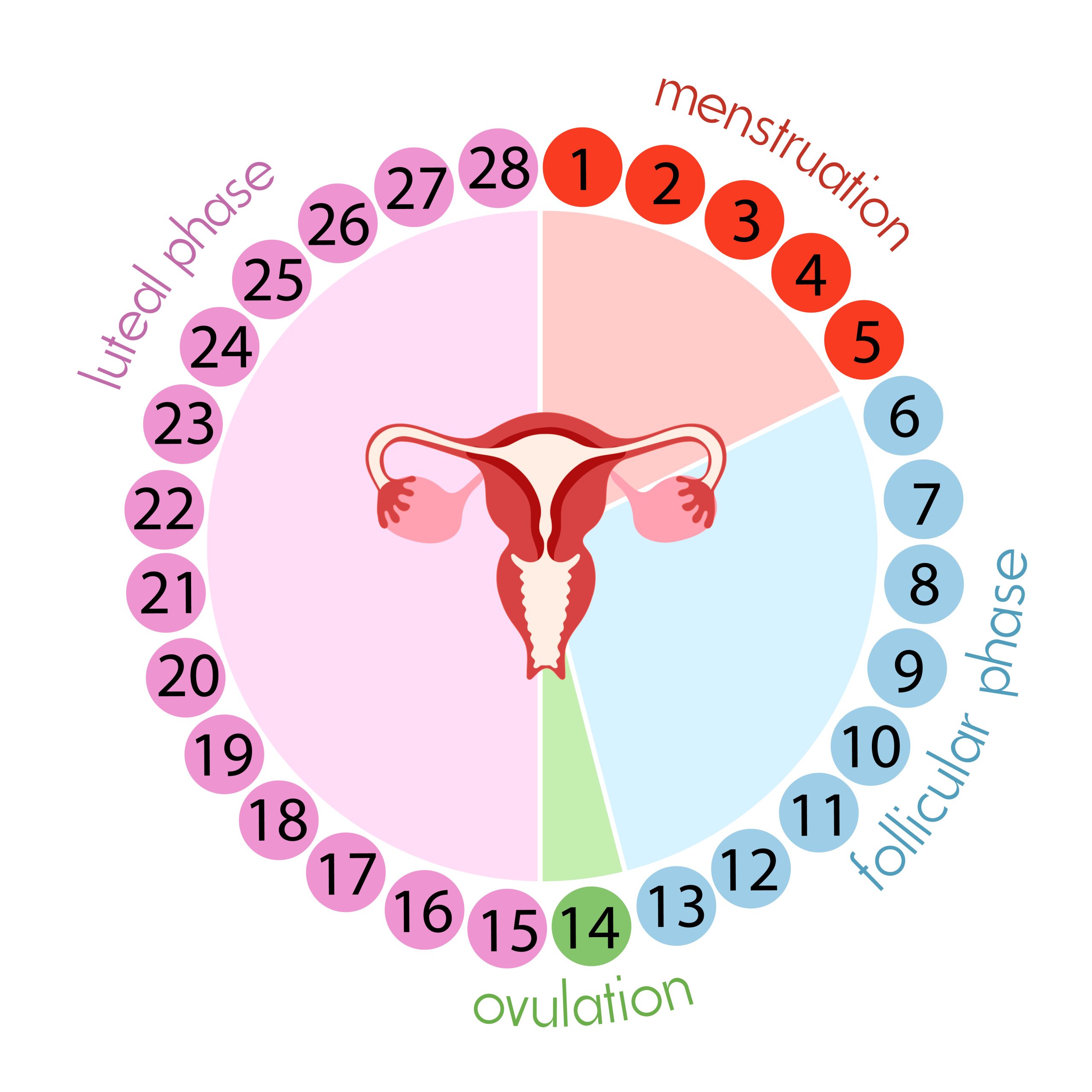Discover how ovulation disorders affect infertility.
What Are Ovulation Disorders?
Ovulation disorders occur when the ovaries do not release an egg regularly or at all.
This problem is one of the most common causes of female infertility, responsible for about 25–30% of cases.
⸻
2️⃣ Causes of Ovulation Disorders
•Polycystic Ovary Syndrome (PCOS) – hormonal imbalance that prevents egg release.
•Hypothalamic dysfunction – stress, weight loss, or excessive exercise disturb the brain’s hormonal signals.
•Premature Ovarian Insufficiency (POI) – early depletion of eggs before age 40.
•Thyroid disorders – both underactive and overactive thyroids can stop ovulation.
•High prolactin levels – suppress the hormones needed for ovulation.
⸻
3️⃣ Symptoms
•Irregular or absent menstrual cycles
•Difficulty predicting fertile days
•Unexplained infertility
•In some cases, excessive hair growth or acne (due to high androgens)
⸻
4️⃣ Diagnosis
Doctors use several tests to detect ovulation problems:
•Hormone tests – FSH, LH, estrogen, progesterone, and prolactin levels.
•Ultrasound – to check follicle growth and ovulation signs.
•Basal body temperature or ovulation test kits – to track cycles.
⸻
5️⃣ Treatment Options
•Medication:
•Clomiphene Citrate or Letrozole to stimulate ovulation.
•Gonadotropins (FSH/LH injections) in more resistant cases.
•Lifestyle adjustments:
•Balanced nutrition, moderate exercise, stress reduction.
•Treating underlying disorders:
•Managing thyroid disease or high prolactin levels.
•Assisted Reproductive Technologies (ART):
•IVF or IUI if medication alone isn’t successful.
⸻
6️⃣ Prognosis
Most women with ovulation disorders respond well to treatment.
With proper hormonal therapy and monitoring, pregnancy success rates are high, especially when treatment begins early.
Sign up for free Session!
It’s easy and free!







